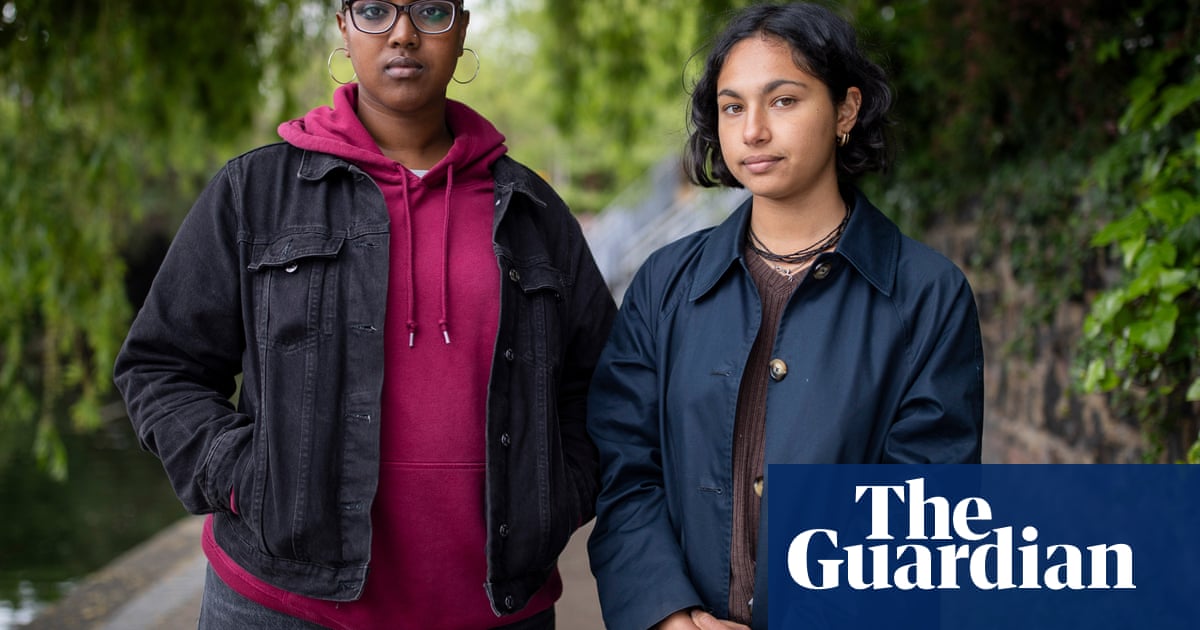Dozens of anti-abortion activists streamed into the conference room of a Washington DC hotel. They jostled for seats as speakers, dotted throughout the room, blasted a song about the need to be “a little more like Jesus, a little less like me”.
By the time a trio of advocates, assembled on a dais at the front of the room, started to talk about the “Future of Chemical Abortion in America”, the title of one of the first seminars at the National Pro-Life Summit, it was standing room only.
When it was Erik Baptist’s turn to address the crowd, he said: “Chemical abortion is the No 1 priority and issue of our time, for the life movement,” using the anti-abortion movement’s lingo for medication abortion, which is performed with pills.
Baptist is in a rare position to do something about it.
Since July, Baptist has led the Center for Life at the Christian legal group Alliance Defending Freedom (ADF), one of the foremost conservative advocacy organizations in the US.
Formed in 1994, the ADF is today the rightwing answer to the American Civil Liberties Union. The legal group’s attorneys are at the forefront of virtually every conservative cause du jour, such as campus free speech, access to gender-affirming care and, of course, abortion.
The ADF played a critical role in demolishing Roe v Wade, as it helped craft the model bill that became the Mississippi abortion ban that overturned Roe. But its lawyers have also been a part of recent supreme court cases over access to abortion pills and emergency abortions.
As the Center for Life’s director, these kinds of efforts are now within Baptist’s purview.
“We do have a comprehensive approach to lawsuits and what we’re trying to do. We’re obviously trying to win in courts and try to protect as many unborn lives as we can and support mothers who [are] in unplanned pregnancies. And how we execute that manifests itself in multiple ways,” said Baptist, who is also senior counsel at the ADF and served as one of the Environmental Protection Agency’s top lawyers during Donald Trump’s first term.
He added: “We have brought cases on behalf of pregnant centers, sidewalk counselors, pro-life doctors, and we’ll continue to do that.”
In an interview a few days after the summit, Baptist laid out many of the ADF’s priorities for 2025 – and the organization is poised to have a big year.
In December 2024, a petition by ADF attorneys convinced the supreme court to hear oral arguments in Kerr v Planned Parenthood South Atlantic, a case that could determine whether states can refuse to send Medicaid funds to Planned Parenthood. Defunding Planned Parenthood, the anti-abortion movement’s arch-nemesis, has long been one of the movement’s most cherished goals.
Then there’s the fight over the federal Emergency Medical Treatment and Labor Act, known as Emtala, which requires hospitals to stabilize patients who arrive at their doors in emergencies. The Biden administration said that Emtala also covers emergency abortions, but ADF attorneys have joined Idaho – home to one of the nation’s strictest abortion bans – in fighting that interpretation. That case went all the way up to the supreme court last year, but, like the abortion pills case, is now continuing in a lower court. The ADF is also involved in at least two other cases over Emtala.
Baptist walked summit attendees through the “future of chemical abortion litigation”, which, he predicted, will be divided between two lines of lawsuits. One line follows a case, originally filed by the ADF on behalf of anti-abortion doctors, that targets the Food and Drug Administration’s regulation of the abortion pill mifepristone.
The ADF argued the case all the way to the supreme court – only for the high court to rule 9-0 that the anti-abortion plaintiffs lacked the legal standing needed to bring the case. Earlier this month, however, a Texas federal judge agreed to let three states resurrect the case.
That judge, Matthew Kacsmaryk, offers a keyhole glimpse into ADF’s far-reaching network. A Trump appointee, Kacsmaryk once worked for a Christian advocacy group that received grants from the ADF. Graduates of an ADF program for law students have interned and clerked for his chambers. Graduates from the same program have also clerked for supreme court justices Samuel Alito and Amy Coney Barrett – the latter of whom, prior to her ascension to the supreme court, had spoken five times at an ADF program designed in service of a “distinctly Christian worldview in every area of law”.
Baptist told attendees at the summit, who included many high school and college students, that the future of the mifepristone case looks rosy.
“I frankly think the supreme court will be annoyed with those blue states, such as California and New York, trying to undermine the promise of Dobbs,” he said, in a reference to Dobbs v Jackson Women’s Health, the case that overturned Roe. “I’m looking forward to the future of that litigation.”
The ADF, Baptist added in an interview, is “no longer involved” with the case. “But we do support those efforts,” he said.
The second line of litigation will focus on efforts to take down blue-state shield laws, which are intended to protect abortion providers who mail abortion pills across state lines. Between April and June of last year, providers offered nearly 10,000 abortions each month through shield laws, according to data from #WeCount, a research project by the Society of Family Planning.
Texas, Baptist noted at the Summit, recently sued a New York doctor for allegedly prescribing abortion pills to a Texan. On Friday, a Louisiana grand jury indicted the same doctor for allegedly prescribing an abortion pill in the southern state.
“They need to be taken down, too,” Baptist told summit attendees of shield laws. The divide between states like New York and Texas will, he said, “probably, again, create a constitutional crisis. And again, I think the supreme court’s not gonna be happy.”
In 2023, the first full year after Roe fell, the US saw more than 1m abortions, according to the Guttmacher Institute, which tracks abortions and restrictions on the procedure. It was the largest number recorded in more than a decade – which has infuriated anti-abortion activists and led them to heavily target abortion pills, which account for roughly two-thirds of US abortions.
With Trump now in office, Baptist believes that lawsuits may not be necessary to implement anti-abortion aims.
“The executive branch, on its own accord, without litigation, can do the right thing as well,” he said in an interview. Under Trump, he indicated, the Food and Drug Administration could roll back its own approval of mifepristone, yanking it from the market.
But if the ADF has to sue, it will.
“Since 2011, we have won 15 times at the US supreme court, and ultimately a lot of our lawsuits end up there,” Baptist said. “So you may have losses along the way, but when you have the ultimate victory from the supreme court – that’s the most important one to judge our cases by.”

 3 months ago
63
3 months ago
63













































